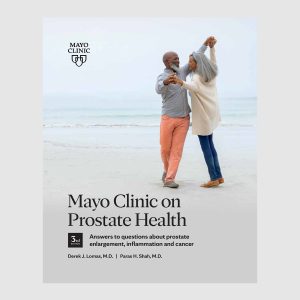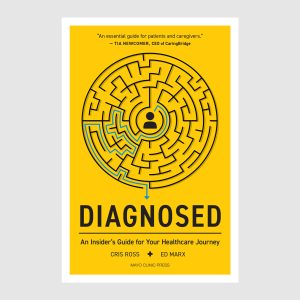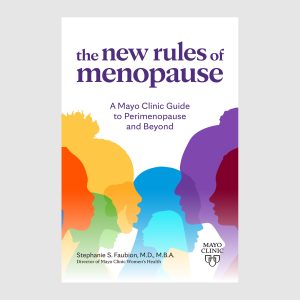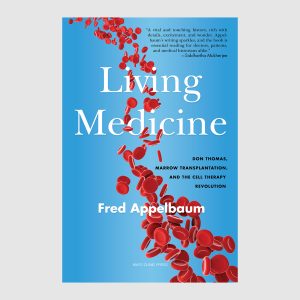
A mix of history and modern medicine may be the combination needed to help people understand the link between mind and body. The “Mayo Clinic Guide to Holistic Health,” by Brent A. Bauer, M.D., tackles this topic with information from groundbreaking studies and experts from Mayo Clinic. Overall, the guidebook promotes a better quality of life. The following excerpt discusses new perspectives that are needed to help people find the connections to achieve this goal.”Mayo Clinic Guide to Holistic Health“is the perfect way to become more in tune with your mind and body based on information from Mayo Clinic experts.
Most ancient healing practices, such as traditional Chinese medicine and Indian Ayurvedic medicine, have long held that the mind and body are closely linked. Modern science is bringing a new perspective to this connection.
A groundbreaking brain-imaging study published in 2023 demonstrated how the many functions of the mind and body are interwoven. The study showed that the parts of the brain that control movement are tightly meshed with the networks responsible for conscious efforts, such as thinking and planning, as well as involuntary ones such as heartbeat and blood pressure. The findings suggest that the perceptions of the mind are literally linked to the actions of the body.
Other research has shown that the mind can have a powerful influence on the body. Chronic mental stress directly affects not only our emotional wellness but our physical health as well. When we are distressed, especially for extended periods of time, it dampens our immune system response, lowering our resilience and making us more vulnerable to a long list of health problems. Chronic stress, for example, can increase levels of molecules called pro-inflammatory cytokines, an overabundance of which contributes to chronic inflammation and illnesses such as heart disease, type 2 diabetes and some types of cancer.
The body, and physical ailments that affect It, also can affect the mind. For example, evidence indicates that people who have diabetes are 2 to 3 times more likely to be depressed, and people who have chronic pain often experience anxiety.
As science continues to reveal the complex interactions between mind states and bodily functions, there’s a growing recognition that good health means more than just addressing the physical aspects of disease. Although modern medicine can effectively treat many illnesses, it’s not a cure-all. In addition, medical treatments often come with side effects, which can themselves be damaging.
Interest in a more holistic approach to healthcare is growing. In the medical field, this approach is known as integrative medicine, a type of healthcare that seeks to treat the whole person, not just the person’s disease or condition. It involves evidence-informed approaches to managing mental factors such as stress and anxiety that can impact other aspects of health, including disease symptoms.
It’s not possible to wish cancer away or think hard enough to make diabetes disappear, but it is possible to manage your thoughts and train your mind to develop a more intentional focus. And by doing so, you can address worries and even create new pathways in your brain that help you experience less stress and anger. Experiencing fewer negative thoughts and emotions makes room for a more positive mindset and more meaningful actions, all of which can facilitate healthy habits, ease the burden of disease on your body and make your overall quality of life better.
An excerpt from “Mayo Clinic Guide to Holistic Health” by Brent. A. Bauer, M.D.
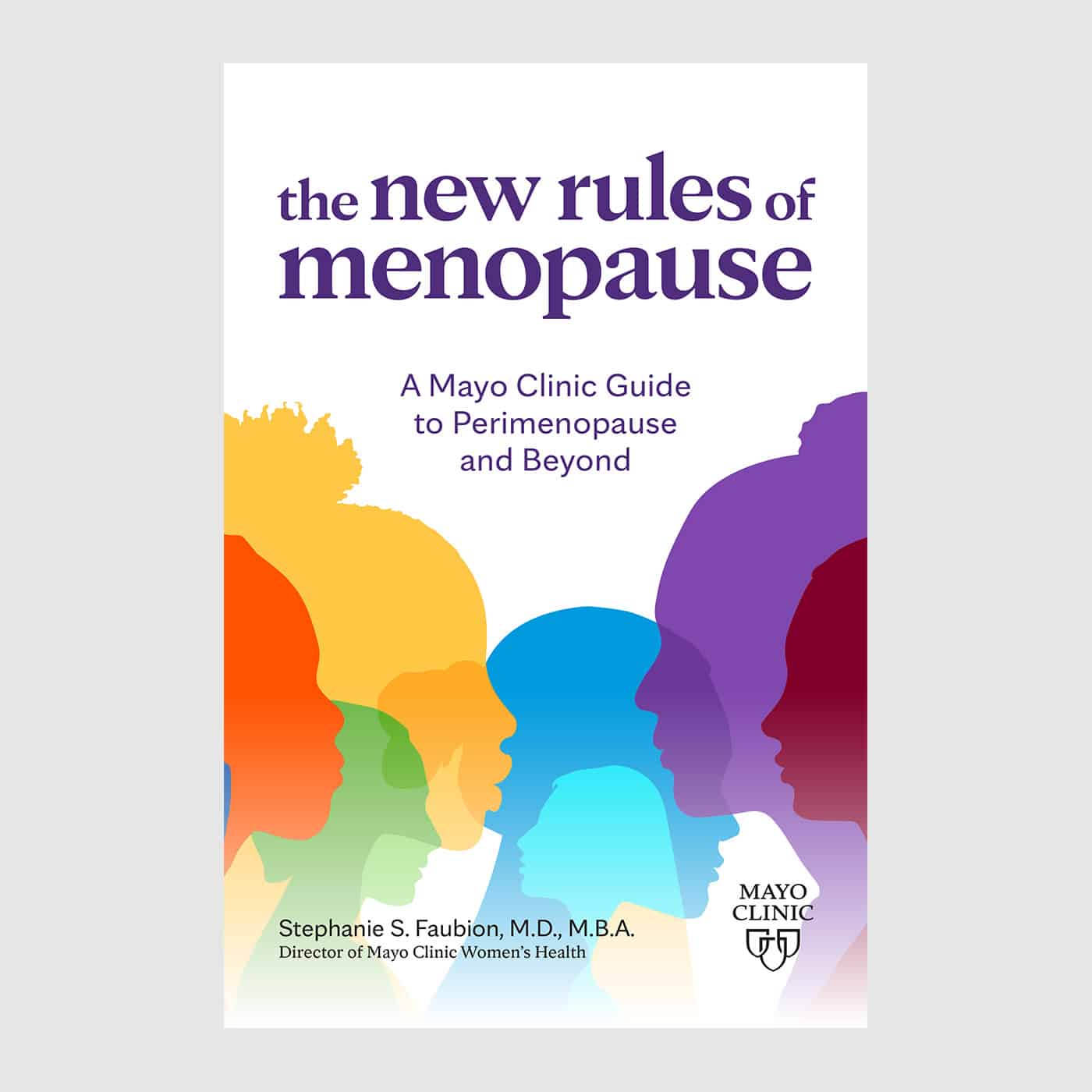
Relevant reading
The New Rules of Menopause
The ultimate guide, offering real talk about menopause, straight, honest info for managing symptoms and the keys to optimizing your health for the long run – from one of the top doctors in the field of women's health and other experts from Mayo Clinic.










